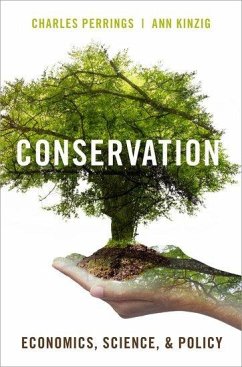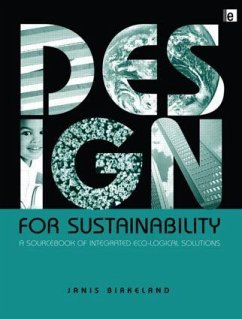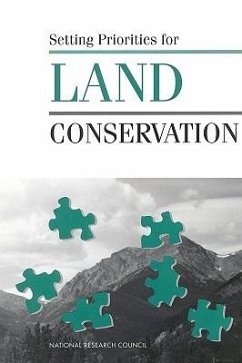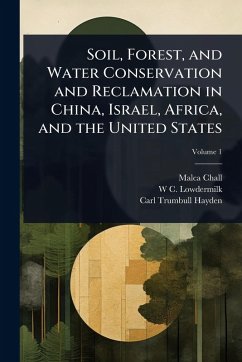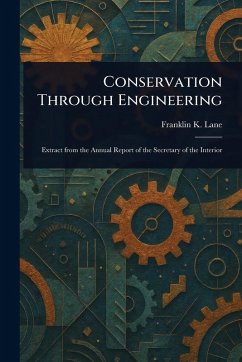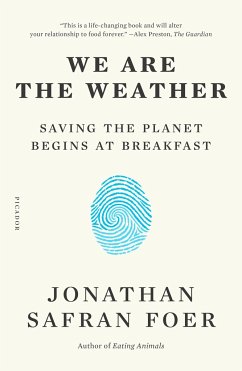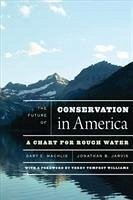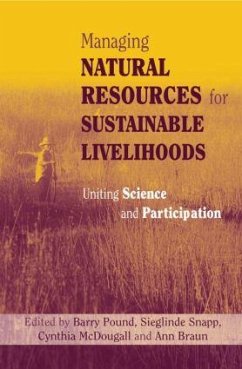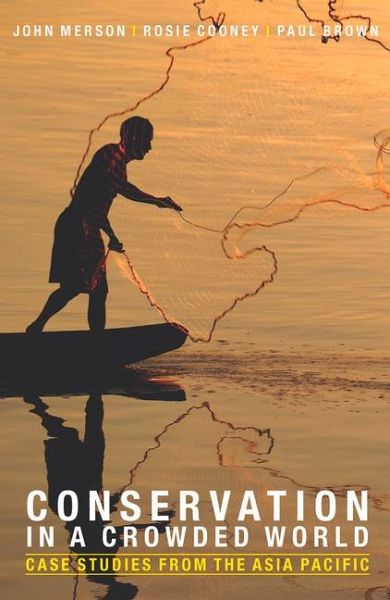
Conservation in a Crowded World
Case Studies from the Asia-Pacific
Versandkostenfrei!
Versandfertig in über 4 Wochen
46,99 €
inkl. MwSt.

PAYBACK Punkte
23 °P sammeln!
In an increasingly crowded world, reconciling environmental "conservation" with the "sustainable use" of natural resources is a great challenge. Nature conservation has traditionally focused on protecting iconic and important areas of biodiversity from human exploitation through the establishment of National Parks and World Heritage Areas. However, while this is essential, a narrow focus on protected area conservation risks overlooking local needs in areas where people and natural systems must coexist. Combining scholarly research with stories from real people in the field, this book addresses...
In an increasingly crowded world, reconciling environmental "conservation" with the "sustainable use" of natural resources is a great challenge. Nature conservation has traditionally focused on protecting iconic and important areas of biodiversity from human exploitation through the establishment of National Parks and World Heritage Areas. However, while this is essential, a narrow focus on protected area conservation risks overlooking local needs in areas where people and natural systems must coexist. Combining scholarly research with stories from real people in the field, this book addresses some key questions for the sustainable use of natural environments, including What should be conserved and who decides? Are tradeoffs between conservation and development necessary? and How are those those elusive "win-win" solutions unearthed?



